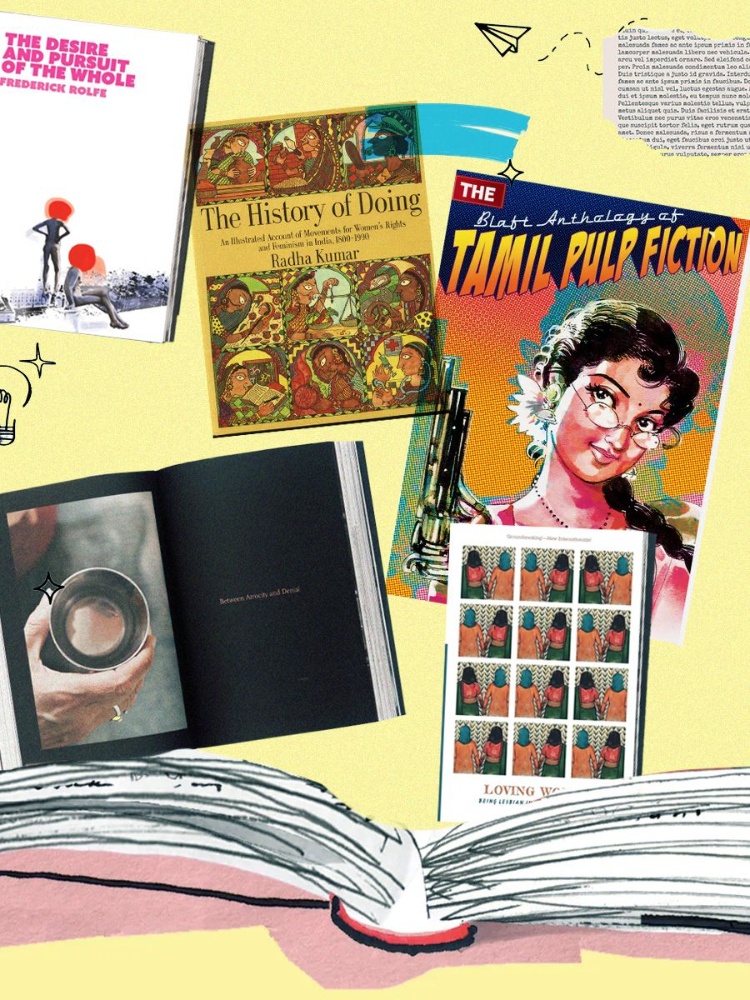As the Booker Prize ceremony has drawn to a close, having celebrated the world’s finest literature, it’s worth remembering how much remarkable art never reaches these stages.
Countless masterpieces remain confined to small rooms, unseen by the world. But once in a while, a piece finds that spotlight. Consider Tomb of Sand, Geetanjali Shree’s 2022 International Booker Prize-winning novel, translated by Daisy Rockwell, which was first published by Tilted Axis Press, a house that releases only about nine artfully picked books a year.
Adding fresh energy to the publishing landscape, independent publishers take the audacious risk of bringing these works into the light. They step away from formulaic bestsellers—stories built around love triangles, enemies-to-lovers tropes, or familiar historical backdrops—to champion books that challenge, surprise, and endure.
But in an age when every mainstream publisher has an equally robust push on sales and marketing, how does a small indie publisher fare? “I guess the hard part is not being able to get our books into the big chain bookstores,” says Rakesh Khanna of Blaft. “We sustain ourselves by working with great indie bookstores, selling online, crowdfunding, and tabling at fairs.”
Equally admirable is how they stay afloat in the world of Amazon pricing, given their small-scale enterprise and the globally diminishing set of readers. And for that, most of them rely on their dedicated community. “Our entire team keeps Zubaan running. We are so small and so inadequately resourced that we cannot afford any longer to hire more than minimum staff on a regular basis. We work with freelancers—wonderful people who become part of our community—who tell us what they think of our books. Without them, we would not be able to manage,” says Urvashi Butalia of Zubaan. “From our readers we often receive feedback about the kind of work we should be publishing, and the fact that over the years we have moved more and more in the direction of publishing voices from the margins comes from our readers.
Below are five indie publishers in India who are giving a platform to exciting counter-cultural work while satiating choice-starved readers with their bold, boundary-pushing titles that the mainstream may find a bit too risky.
Yaarbal Books
For powerful photobooks
















